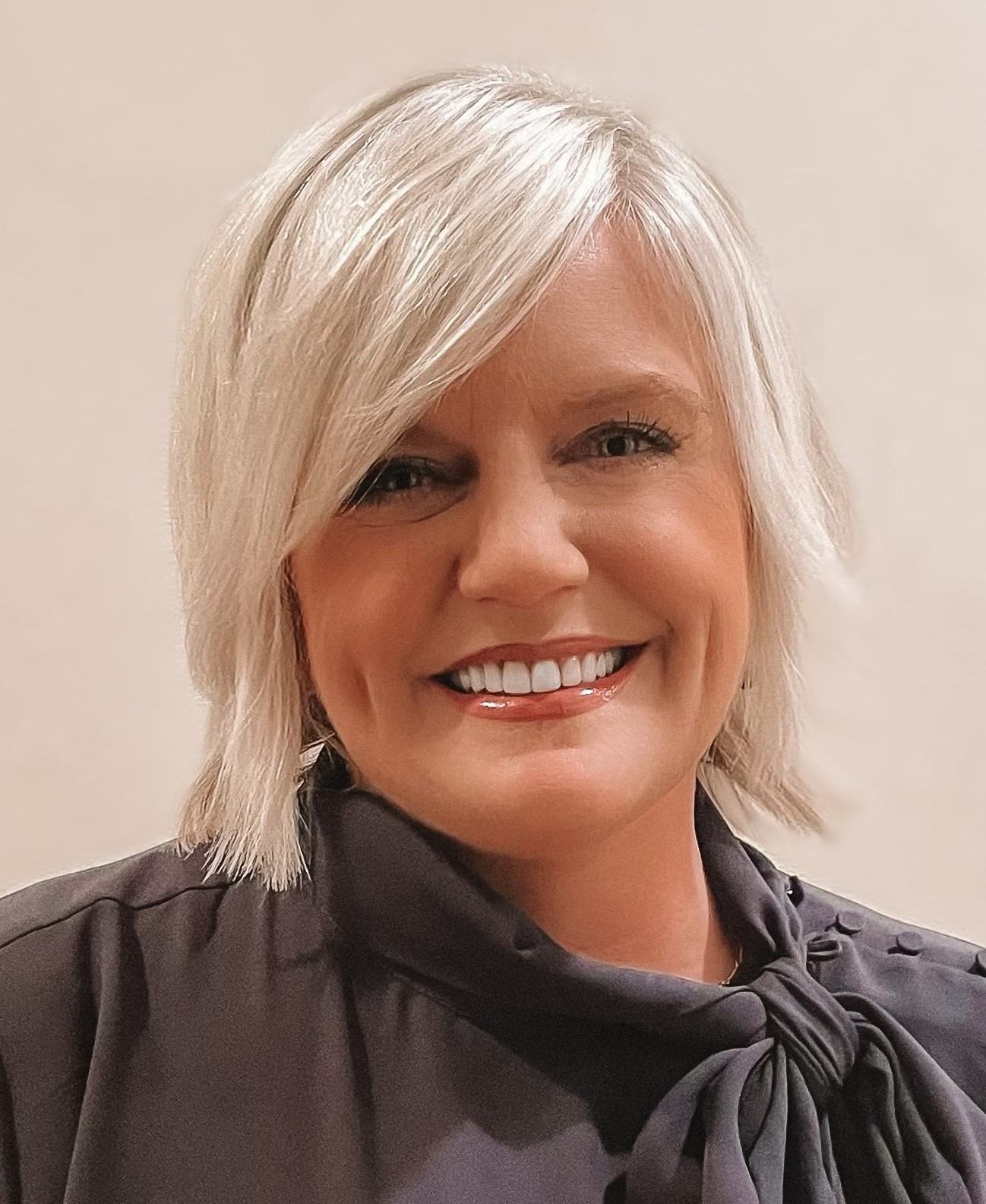 As digital payments innovation accelerates, a central challenge continues to emerge: business-to-business (B2B) payments are overdue for an upgrade. As a leader in Global Treasury and Financial Services at Microsoft, Jayna Bundy has observed how industry wide B2B payments inefficiencies are impacting the ability to deliver the best payments solutions to business customers.
As digital payments innovation accelerates, a central challenge continues to emerge: business-to-business (B2B) payments are overdue for an upgrade. As a leader in Global Treasury and Financial Services at Microsoft, Jayna Bundy has observed how industry wide B2B payments inefficiencies are impacting the ability to deliver the best payments solutions to business customers.
According to Bundy, the customers and businesses she works with may lack the resources to make costly B2B payments upgrades, which can involve changing tools or connecting to different platforms. This leads to a fragmented payments process as businesses rely on their own platforms to make payments instead of implementing a universal solution.
“While larger companies may often have resources and technology to implement more efficient B2B payment solutions, it is much more difficult for smaller businesses,” Bundy said.
Checks are a good example of this, according to Bundy. “Moving from checks to electronic payments is a big transformation for many organizations because it means upgrading to a new electronic internal infrastructure,” she noted.
The adoption of electronic payments goes hand in hand with electronic invoicing (e-invoicing). A recent survey found that 75 percent of the more than 25 billion invoices exchanged annually still require manual processing (PDF), costing businesses approximately $200 billion every year.
Although invoicing is not directly managed by Bundy’s team, inefficiencies in the process can trickle down to her accounts receivable work. “After sending invoicing emails with PDF attachments, I kept wondering why we could not digitize and expand interoperability,” she said.
Motivated to find a better solution, she began uniting experts across Microsoft with the same goal of simplifying the invoicing and broader B2B payments process. “I strongly believe in pulling groups of thought leaders together to move initiatives like this forward,” she said.
Soon after her internal coordination began, she joined the Business Payment Coalition’s (BPC’s) E-invoice Standards Oversight Assessment Work Group. Recently, Bundy and her team also became part of the new E-Invoice Exchange Market Pilot (Off-site) organized by the BPC with support from the Federal Reserve. In the market pilot, Bundy will test an e-invoice exchange framework to determine the possibility for businesses to exchange e-invoices with each other. The group will then examine how the electronic exchange of invoices can streamline businesses’ payments processes and create potential benefits like costs savings, increased transparency and risk mitigation.
“The overall objective is to make B2B payments more efficient across the end-to-end payments process, and in a lot of ways, that begins with an invoice.”
According to Bundy, a secure framework using common standards and protocols for invoicing is the best way forward. These changes, she says, will help pave the way to more efficient B2B payments across the board and may even facilitate a better way for businesses to exchange information, such as remittance data.
Much like her approach toward bringing thought leaders together at Microsoft, Bundy stresses the need for industry stakeholders to focus on joining forces to make these advancements in B2B payments.
“We tend to be siloed in how we think about innovation in some of these technologies, but we have to continue encouraging organizations to come together and participate in larger forums,” she said. “It is important for technology leaders, financial service leaders and end users to work together – we need all of them to ideate and innovate.”
Jayna Bundy is General Manager in the Global Treasury & Financial Services organization at Microsoft focusing on providing innovative credit and payment solutions to global customers, partners, and vendors to support their digital transformation journey. Bundy joined Microsoft in 2005, and in her current role, oversees financial programs, credit risk, global collections, technology, and financial reporting. She was responsible for deploying several leading solutions, including ISO 2022 for payments and statements, and blockchain for trade letters of credit. Most recently, she has focused on efforts around B2B payments modernization and e-invoicing initiatives.
